Keywords: Training
There are more than 24 results, only the first 24 are displayed here.
Become a subscriber for more search results.
-
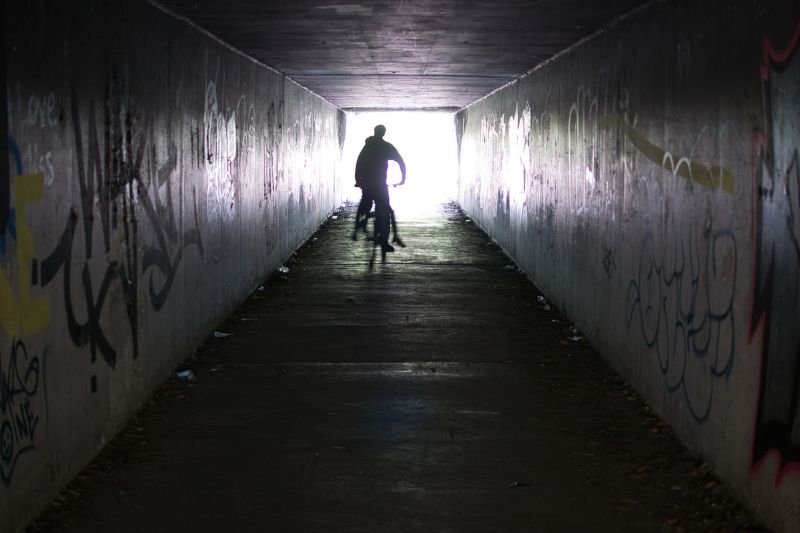
AUSTRALIA
- Andrew Hamilton
- 02 April 2025
Countering a rise in youth crime with tough new bail laws will ensure community safety, but risks compounding the very crisis they aim to solve. As more children are placed in detention, the changes raise urgent questions about justice, policy failure, and the long-term social cost of prioritising punishment over prevention.
READ MORE
-
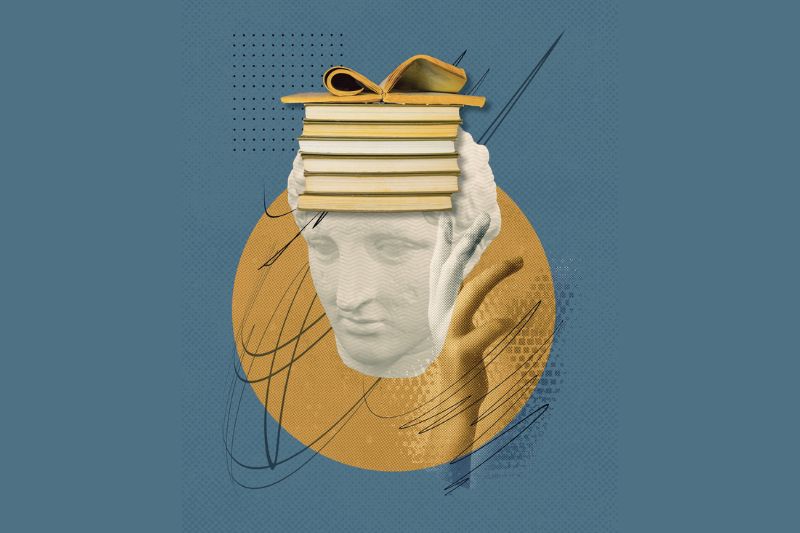
EDUCATION
- Erica Cervini
- 06 March 2025
Despite public fascination with ancestry, true crime, and historical podcasts surging, formal study of history is in free fall. With university departments shrinking and misinformation rising, historians face an urgent question: how do you persuade students—and the public—that history isn’t just interesting, but essential to understanding the present?
READ MORE
-
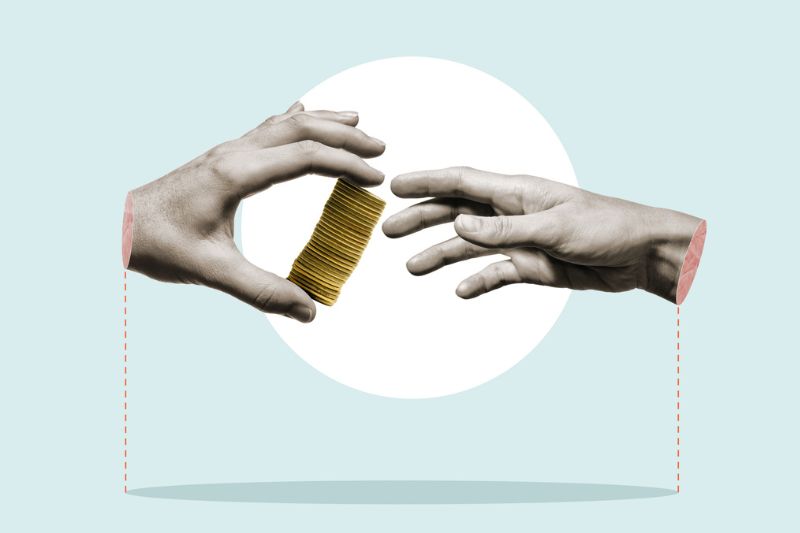
AUSTRALIA
- Mark Gaetani
- 26 February 2025
As cash fades from everyday transactions, its decline underscores a growing divide in access. With digital payments dominating and cash use dropping sharply, questions loom over the future of currency in an increasingly cashless society, and who might be left behind.
READ MORE
-

INTERNATIONAL
- Stephen Minas
- 10 February 2025
The launch of DeepSeek's new AI model has upended conventional wisdom about who controls the future of artificial intelligence. With its open-source nature and unprecedented affordability, it may offer the Global South a rare opportunity to become creators and beneficiaries of AI innovation.
READ MORE
-

INTERNATIONAL
- David Halliday
- 13 December 2024
In 2024, a fifth of Americans reported having no close friends, and the number is growing, especially among those without college degrees. So what are the societal structures behind this crisis in loneliness, and how we can rebuild meaningful connections?
READ MORE 
-

AUSTRALIA
- Binoy Kampmark
- 04 December 2024
In a move that’s been both lauded as necessary and criticized as overreaching, Australia has enacted legislation banning social media for users under 16, placing enforcement squarely on Big Tech. But behind the legislation lies a contentious debate: does prohibition protect, or does it merely shift the harm?
READ MORE
-
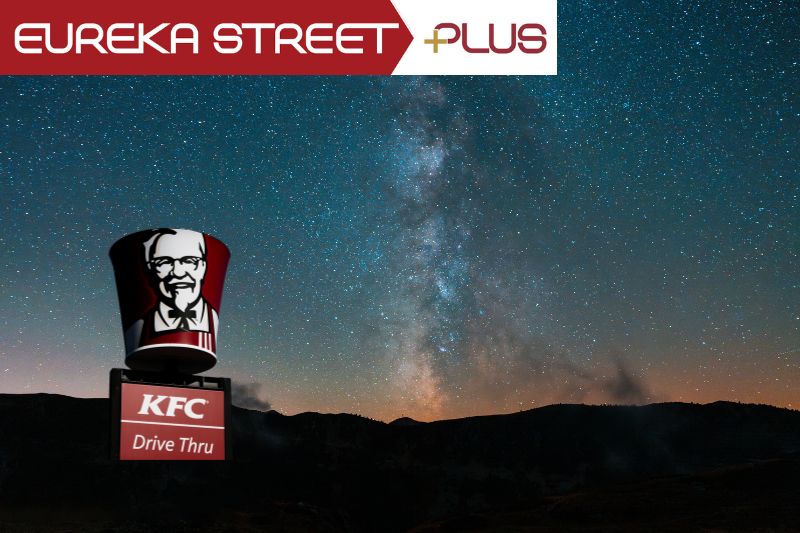
AUSTRALIA
- Michael McGirr
- 22 November 2024
3 Comments
There’s this other place that is neither heaven nor earth but which you might find in the car park of the third busiest KFC in Melbourne, waiting for your son to finish his shift. A bin beside the car is overflowing with all the packaging that comes with fast food, not to mention the remains of poor dead chooks whose life it is hard to imagine.
READ MORE 
-
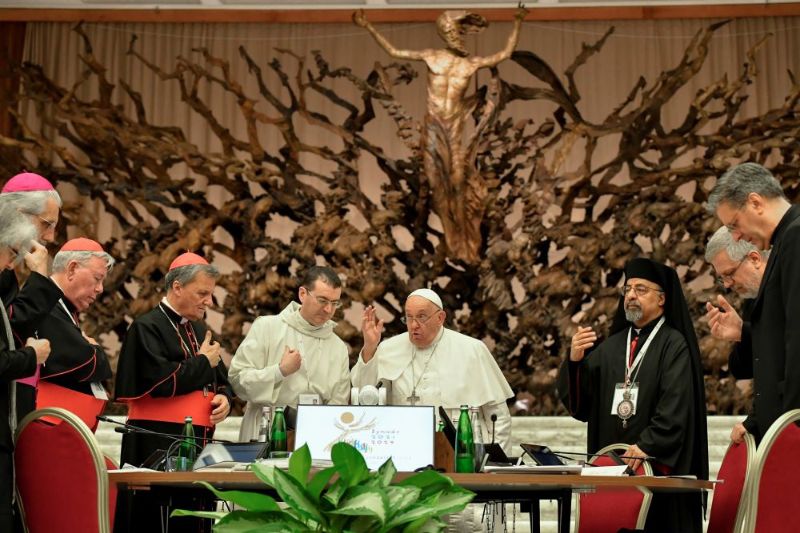
RELIGION
- Bill Uren
- 20 November 2024
7 Comments
Will the recommendations of the Synod on Synodality inspire lasting change or risk losing momentum? With bishops balancing tradition and reform, the coming year will determine whether this moment becomes one of true transformation.
READ MORE
-

ARTS AND CULTURE
- Peter Craven
- 08 November 2024
Al Pacino is an actor we’re inclined to take for granted, given his presence in some of the greatest popular films of the last half century, not least his Michael Corleone in Coppola’s Godfather trilogy, which revealed an actor of extraordinary stature. Sonny Boy is a consistently diverting and illuminating book by a man who has little pomp and circumstance about him.
READ MORE 
-

AUSTRALIA
- John Schumann
- 23 October 2024
2 Comments
There are approximately 300 Australians like Will currently held in forensic disability facilities, hospitals, mental health facilities, the prison system and providers of last resort. After two decades of seclusion, his story reveals a broken system where lives deteriorate, not improve, despite efforts for reform.
READ MORE
-

AUSTRALIA
- Smeeta Singh
- 06 September 2024
Australia is quietly confronting a national crisis: one in every four Australian children has been a victim of child sexual abuse, but you would never guess the scale of this crisis, given the lack of urgency from our national discourse.
READ MORE 
-

MEDIA
- Michele Frankeni
- 05 September 2024
With all attention focused on the newsworthy candidate, it seems in this 2024 presidential election, the media is playing the same game as it did in 2016. It's about novelty rather than interrogating relevant issues in any depth.
READ MORE 